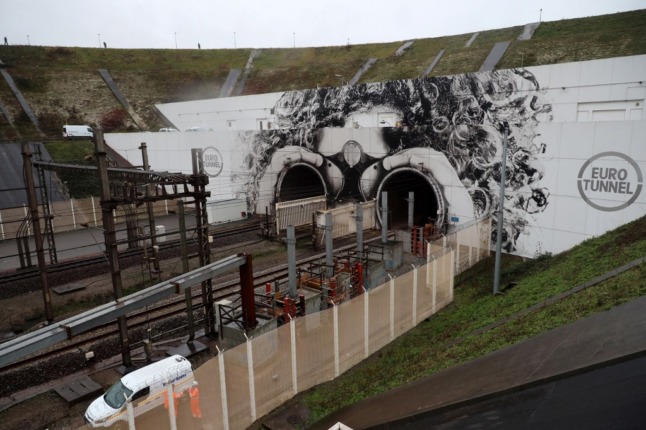Since May 31st, anyone travelling from the UK has only been allowed into France if they can fit one of the narrow criteria for essential travel. This rule was imposed due to the increase in infections linked to the Delta variant, first detected in India.
But from June 9th France will bring in a new traffic light system for entry which classifies countries based on the level of Covid-19 spread and the presence of variants.
The UK has been classed as orange which means the Covid-19 virus is actively circulating but in a controlled way and there is no presence of “worrying variants”. That definition might appear slightly inappropriate given the spread of the Delta variant in the UK.
Nevertheless the orange classification means that the rule that allowed only essential travel will be lifted for those who are fully vaccinated. Travellers are warned, however, that country ratings can change if the health situation deteriorates.
You can find a full explanation of how the traffic light system works HERE.
MAP: Which countries has France placed on its green list for travel
From Wednesday, June 9th, travellers from the UK who are fully vaccinated are again allowed in to France for any reason, including tourism, visits to family and friends and visits to second homes.
They will, however, still have to present a negative Covid test at the French border carried out within the previous 72 hours and will have to quarantine when they return to the UK as per the current British government rules.
For travellers who are not fully vaccinated the current rules still apply – travel allowed for essential reasons only, people who qualify must present a negative Covid test (antigen or PCR) taken within the previous 72 hours and quarantine for seven days on arrival before taking a second test.
You can find the full list of accepted reasons for essential travel HERE.
To qualify as fully vaccinated, travellers must:
- Have received a vaccine that is approved by the European Medicines Agency – Pfizer, Moderna, AstraZeneca or Johnson & Johnson (known as Janssen in France)
- Be at least two weeks after the second injection for double-dose vaccines or for two weeks after a single dose for those people who had previously had Covid-19
- Be at least four weeks after the injection for people who had the single dose Johnson & Johnson vaccine
The Local has requested clarification on what proof of vaccination will be accepted by French border police on entry into the country.



 Please whitelist us to continue reading.
Please whitelist us to continue reading.
What about german passport holders living in UK but travelling to France? Having a second home there.And can their children also german passport holders come and visit their parents from UK to France
I believe anyone holding an EU passport can travel freely within the schengen zone with proof of vaccine or a negative test, no matter where you reside.
I’ve read yesterday in the Guardian that kids of double vaccinated adults are allowed in with PCR tests, so that is a relief